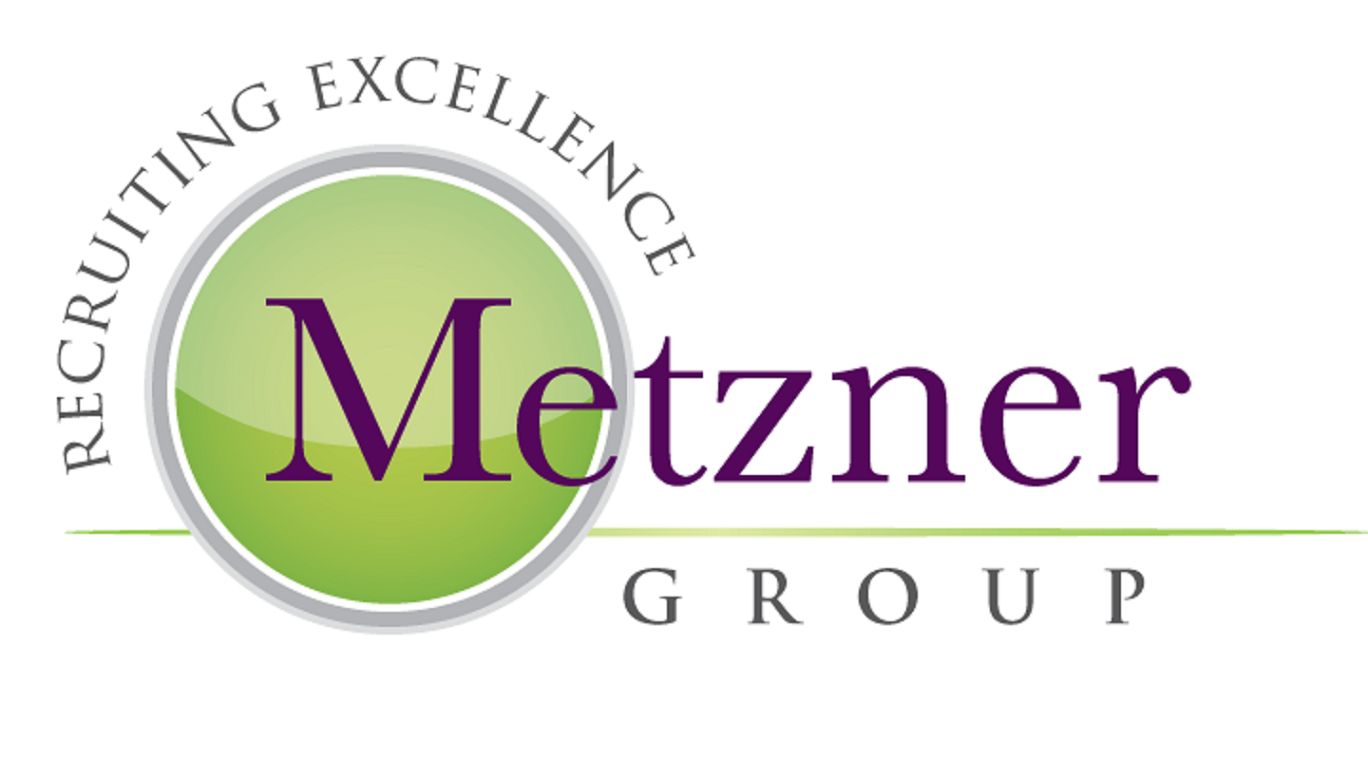Civil Engineering Firms and Hiring Retired Military
This week I was thrilled to hear a client say, “My ideal candidate would be someone who was in a leadership role in the Army Corps of Engineers, Navy, etc.” Throughout my 20+ years as an executive recruiter for the civil engineering industry, I have usually heard the opposite.
U.S. civil engineering firms have tended to seek executive candidates who have run or are running other competitor consulting firms. It is certainly not politically correct to say, but I recall hearing, “let someone else train those candidates what it means to make money and stay on budget. We don’t have the luxury to do so.”
It seems that there are stronger arguments to be offered for hiring retired/ex-military. Traditionally, these are people who have been given assignments, challenges and missions with direction to accomplish them. They must succeed under unique circumstances, overcoming difficult obstacles. They have been trained how to lead and motivate teams not only on a group level but an individual one. These candidates can bring a unique and fresh perspective to the corporate climate.
To tell a retired colonel who has successfully lead significant programs and large teams while navigating difficult terrain, that he isn’t the best candidate to run a civil engineering department, has been difficult and often frustrating. During this period of civil engineering rebuilding, I hope to see new perspectives on hiring retiring military!
What has been your experience?
The Metzner Group Blog




